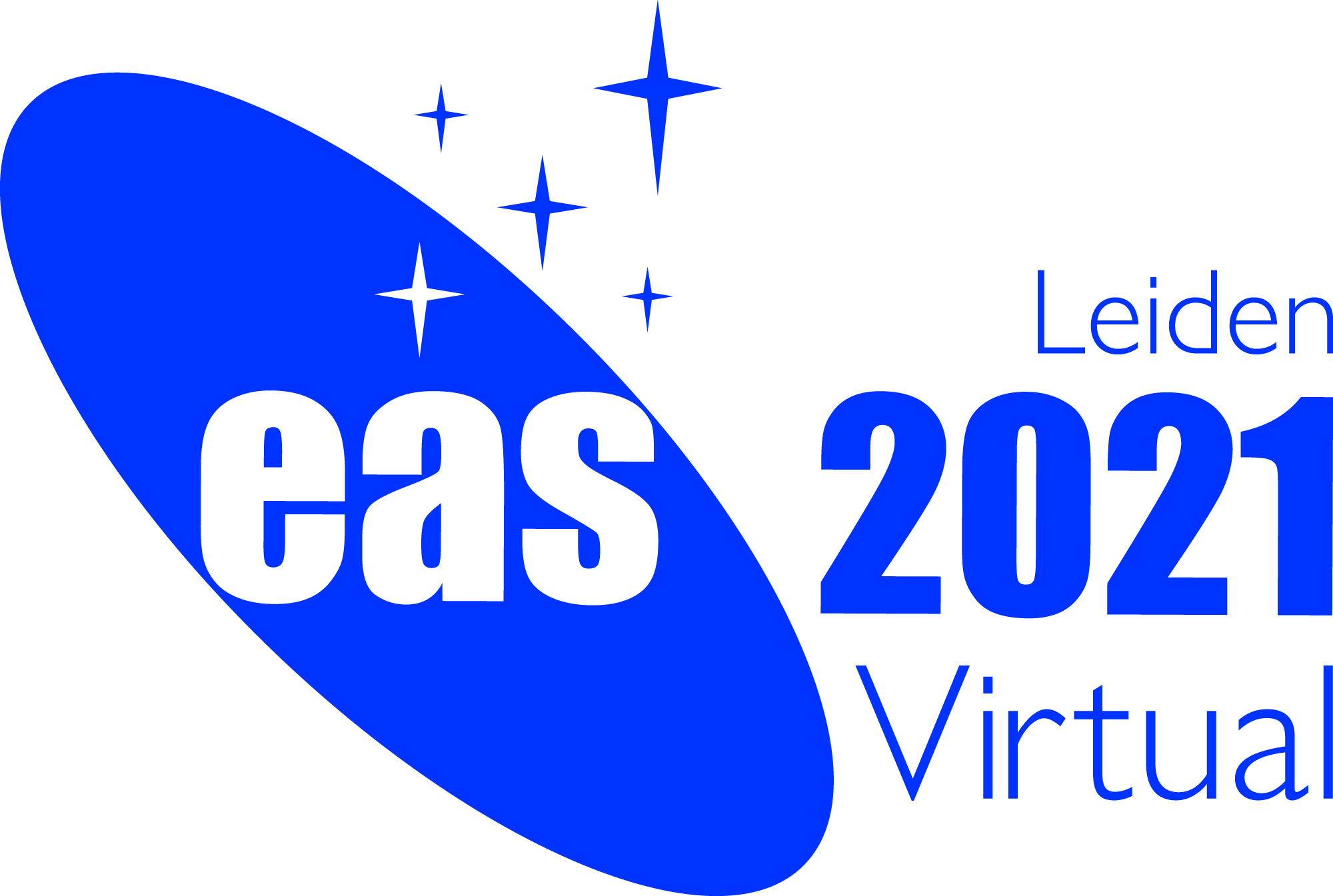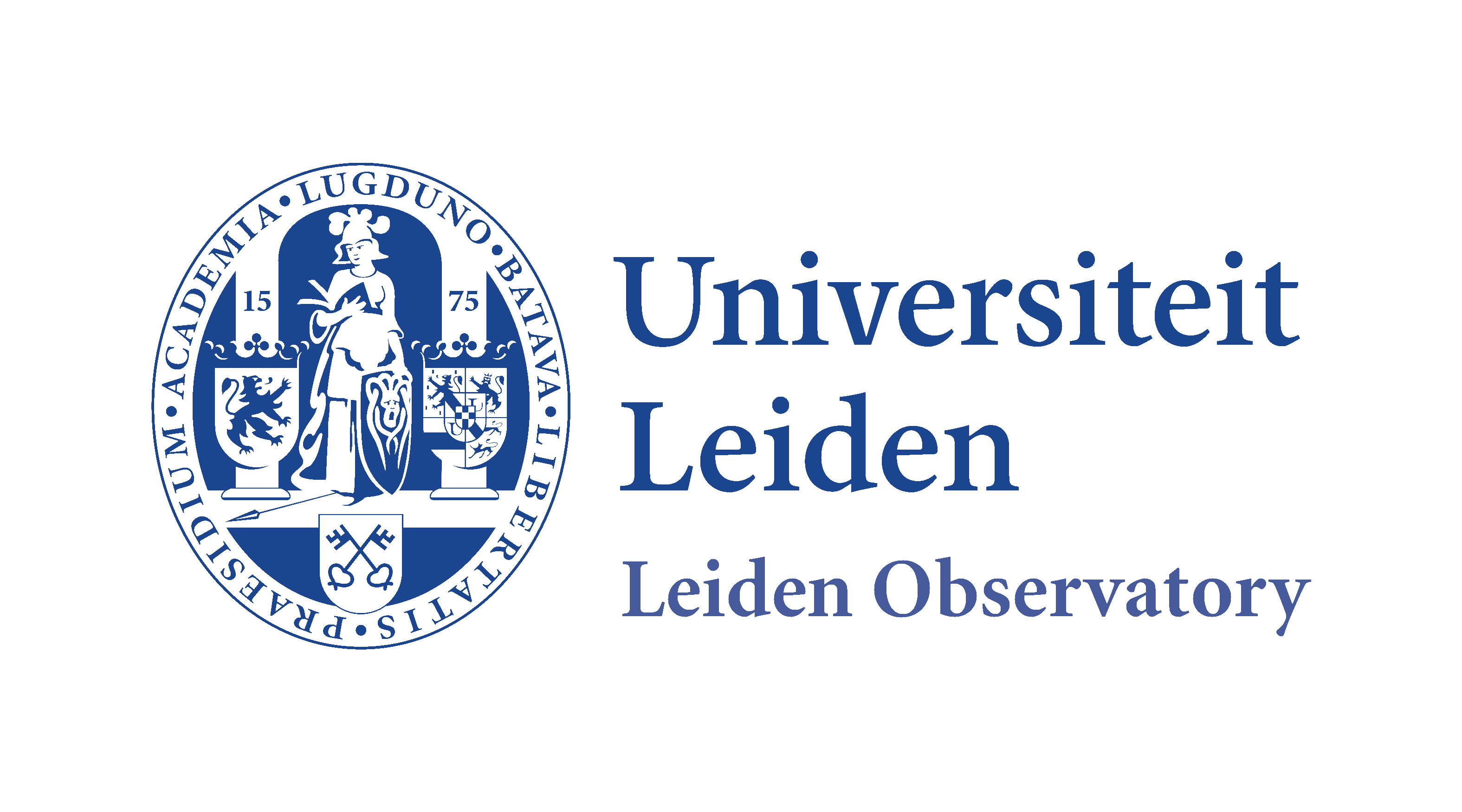Code of conduct and conference guidelines
The EAS annual meeting is an event where researchers are encouraged to have a free discussion, and a free exchange of ideas and scientific results. All professional interactions should be conducted with consideration and respect. This includes, but is not restricted to, interactions with other attendees, exhibitors, administrative, technical or other support staff.
For Participants
- The EAS annual meeting is an event for registered attendees. Connection information to the platform, Zoom or Slack should not be shared with non-registered people. When connecting to the platform, Zoom or Slack, all attendees should use their own name, and not attempt to misrepresent themselves in any way.
- All attendees are expected to behave professionally and treat each other with respect for the duration of the meeting and in all activities related to it. Ideas and results must be respectfully discussed based solely on their scientific merits. Personal attacks will not be tolerated.
- Appropriate and respectful language should be used by all attendees in their interactions throughout the meeting in all platforms the conference makes use of, be it video, audio, text and chat form. Participants are advised to be mindful and respectful at all times of cultural differences among the participants.
- Explicit consent from the speaker and the organisers should be sought before publishing of presentation recordings or video clips on any kind of media or platform (scientific publications, on social media, or on conference websites). Posting (a few) slides (or parts thereof) on social media (e.g. Twitter, Facebook, Instagram etc) helps promote scientific discussion and is permitted unless the speaker indicates at the beginning of their talk that they are not comfortable with that.
- Every attendee is expected to make their individual contribution towards a respectful and inclusive meeting climate. Any discriminatory behavior against colleagues on any basis, such as gender, gender identity, race, ethnic background, national origin, religion, political affiliation, age, marital status, sexual orientation, disabilities or any other reason will not be tolerated during the conference and in any event related to it.
- Attendees who witness or are affected by possible violations of the Code of Conduct should use the anonymous form, attaching evidence (e.g., screenshots) if available. The complaint will be examined by Code of Conduct committee (members listed at the bottom of the message) and action will be taken if the majority concurs that the code has been violated. First infraction will result in a warning, further infractions in revoking of the conference platform connection privileges.
For Presenters
- Please plan your talk in order to be strictly within the planned time. This will ensure that all speakers get the time necessary for their presentations and allow the full time allotted to Q&A.
- Going over time will lead to question time reduction. If you speak through all of the question time, the chair will disconnect you.
Use a plain or uniform background for the presentation and preferably a sans-serif (e.g. Arial or Helvetica) font. The colour palette should be chosen to be colour-blind friendly (a simple check can be done using one of the many colour-blind simulator available, e.g. Colblindor).
- Unless you have poor internet connection, we urge you to enable your webcam and sit (or stand) in front of it for the duration of your presentation, making sure that the room is adequately lit, in order to allow other participants to see your face. Seeing the speaker's face makes it easier to follow, especially for non native speakers and aurally challenged people.
- Make sure that all key content in the presentation is also relayed in the speech, and not only written in the slides, to allow visually challenged people to follow.
- Try to minimize background noise during the presentation. Speak directly towards the microphone. Keep your microphone muted before and after your presentation.
- Use respectful language at all times, in the slides, during your talk, when answering questions. Demeaning, disrespectful or exclusionary language will not be tolerated. Critique ideas and not people.
- Be sure to indicate clearly, by stating it at the beginning of your presentation or writing it on your slides, if you are not comfortable with screenshots of your slides being publicised on social media for the strict purpose of promoting scientific discussion.
For Chairs
The following practices for chairing are recommended to run a successful meeting while ensuring a good climate and allowing fair participation of minorities and young scientists in the discussion throughout the conference.
- In the introductory remarks of each session, attendees should be reminded of the expectation for respectful language at all times. The chairs should also explicitly encourage young scientists to participate during Q&A sessions.
- If not already familiar with them, chairs are encouraged to acquaint themselves with the pronunciation of the presenters' names before the session.
Chairs should remind attendees that recordings or video clips of the presentation cannot be posted/publicized without explicit consent from the speaker and the organisers. They should also mention that if the speaker indicates (either by saying it or better yet writing it on the first or further slides) that they are not comfortable with snapshots being posted or publicised, attendees should refrain from doing so.
- Since questions will be asked by participants via chat and relayed by chairs to the speakers, chairs should be mindful to mention the name of the questioner along with the question itself.
- Chairs are encouraged to be conscious of their biases and avoid preferentially selecting questions coming from the same set of people.
- If a speaker uses language that is disrespectful, aggressive or inappropriate in any way, the chair should interrupt and warn the speaker, and in case of repeated infraction, be prepared to interrupt the presentation.
- Questions that are posed in an aggressive or demeaning manner, or use inappropriate language should be skipped by the chair.
- It is crucial that sessions end on time, as the technical personnel and software licences are required to prepare and run the following sessions. Note that technical staff are instructed to terminate the session if chairs allow them to overrun.
- Speakers going overtime should have question time reduced, and if they run through all of the question time, they should have their talks terminated. As Q&A is a crucial part of a successful and productive meeting, please make sure that enough time for questions is scheduled and preserved throughout the session.
|

 A power cut will shut down all EAS services on Tuesday, 10 January 2017 starting at 7:30 CET.
A power cut will shut down all EAS services on Tuesday, 10 January 2017 starting at 7:30 CET.


